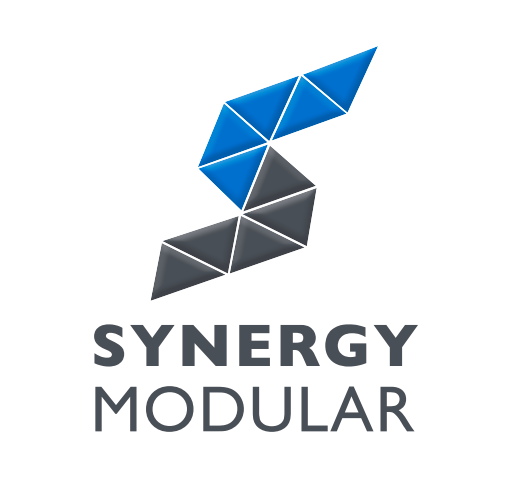Can Modular Construction Help Provide More Attainable Housing?

Families across the U.S. are struggling to find housing they can afford. A 2021 Pew Research study found that as of October, approximately 49% of Americans are concerned about a lack of affordable housing in their communities.
As housing prices continue to rise, developers must work to expand housing for people in diverse income brackets, including those in the so-called missing middle. These housing options, also known as attainable housing, consist of multiple units and are within walking distance of neighborhood conveniences, said Justin Stewart, CEO of Synergy Modular, a construction management and general contracting company.
He said that the people who would qualify for missing-middle housing are typically those who make between 80% and 120% of an area’s median income. This population’s income makes them ineligible for subsidized housing, but they are also typically unable to afford a home within their community’s market rate.
“This group consists of teachers, firefighters, policemen and people in hospitality services — the people who make up our communities and cities,” Stewart said. “Cities start to disintegrate because you don’t have the services that make them viable and attractive places for people to be.”
One solution to this problem may be found in modular housing, he said, which can deliver new residential buildings faster and less expensively than traditional construction methods that involve building solely on the construction site.
With modular construction, major segments of a housing unit, including entire rooms, are constructed in an off-site facility and then brought to the work site, where the foundation has already been poured. This allows the on-site construction to be performed much faster, and by a smaller work crew, without needing to account for any weather-related delays.
Despite these benefits, Stewart said developers still need to ensure that they are taking steps to maximize the effectiveness of their projects and avoid common modular pitfalls. One way to do this is to utilize a product platform, or a catalog of products that can act as a template for modular projects.
“Product platforms are pre-designed, pre-engineered and optimized living units to bring higher-quality housing to the market in a cost-effective way,” Stewart said. “It provides a much more predictable basis for both the cost and the schedule. Here, predictability is the key: knowing exactly what you can build, how much it will cost and when it will be done before you start.”
He said that by using a product platform or working with a construction management company such as Synergy Modular, developers can help bypass some of the issues that come with using modular to develop attainable housing.
One of these issues, he said, is developers using the same pro forma financial statements, or an estimate of how much the project would cost, that they would for a traditional construction project.
“There are some assumptions about how much the project will cost on a cash flow basis and the timeline that developers may have from a traditional development model that will be wrong in their initial pro forma,” he said. “It will set the project up to chasing that pro forma all the way, which can lead to compromises to the modular development process, eroding any and all benefits that would come with modular construction.”
He said that Synergy Modular can provide assistance to developers by putting together a feasibility package. This package helps with creating a project timetable and calculating costs for modular construction projects to eliminate guessing, serving as a more accurate pro forma for modular construction.
“We will look at any property, including attainable housing, with a developer and bring in experts to tell them exactly what they could build, how much it would cost and when it will be done,” Stewart said. “This is the housing that will go to the people who make the cities a wonderful place to live.”
This article was produced in collaboration between Studio B and Synergy Modular. Bisnow news staff was not involved in the production of this content.
Studio B is Bisnow’s in-house content and design studio. To learn more about how Studio B can help your team, reach out to studio@bisnow.com.

